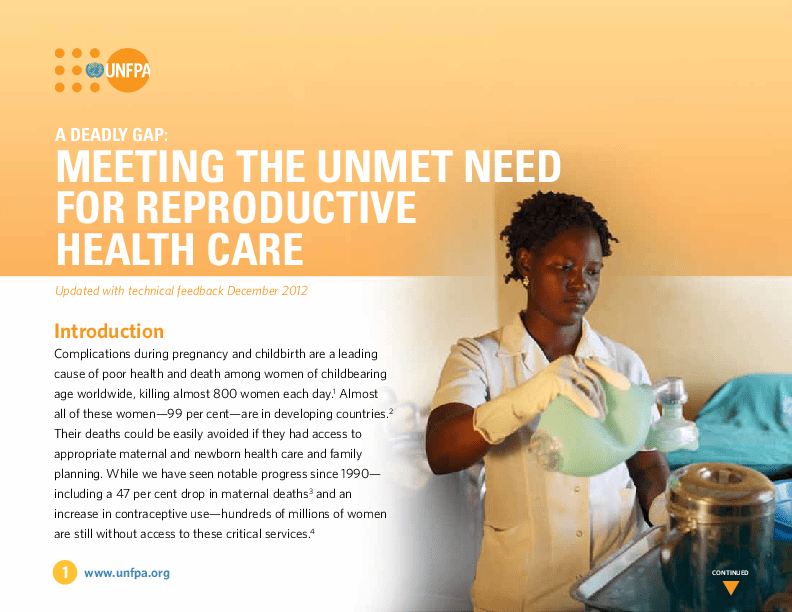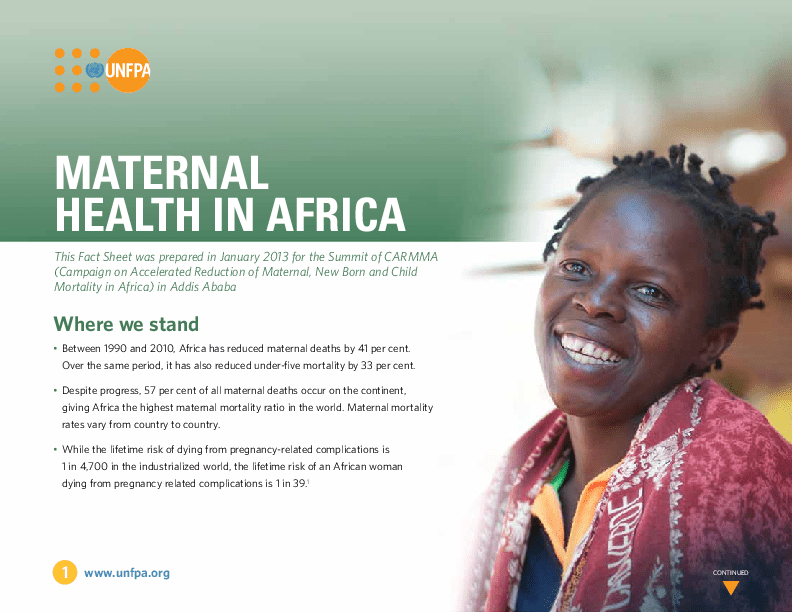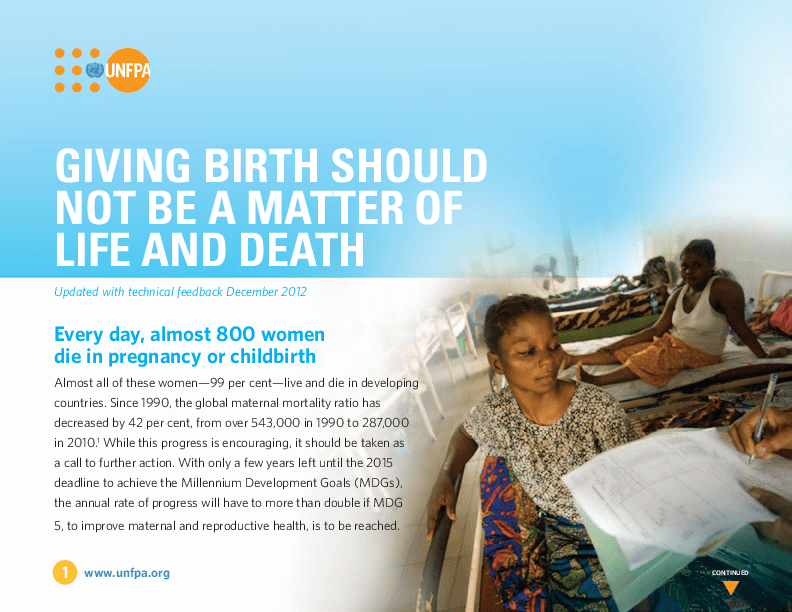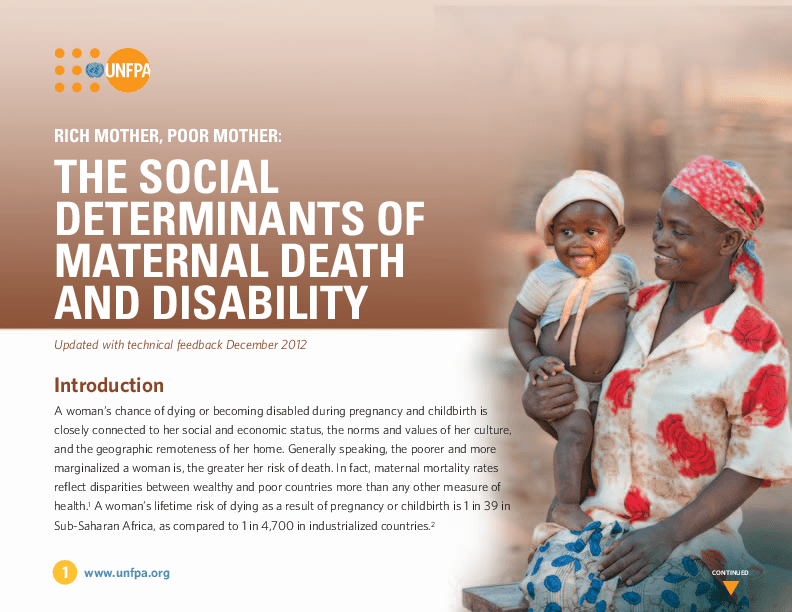According to the World Health Organization, there are 500 million new sexually transmitted infection cases each year, of which 93 million are in Africa. Investments in women’s health during their childbearing years not only save women’s lives, but also produce ripple effects that benefit families, communities and nations. When girls and women are healthy, they are better able to complete an education, engage in productive activities, take care of their children, and contribute to their communities. In this way, women’s reproductive health status is a strong signal of a country’s overall economic and social progress, and is a fundamental component of development.





